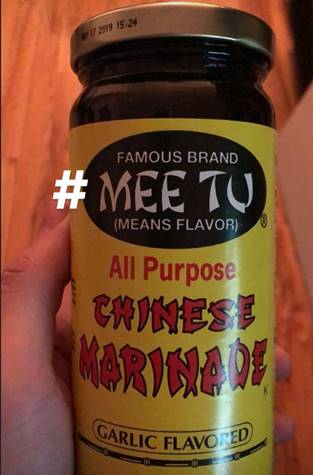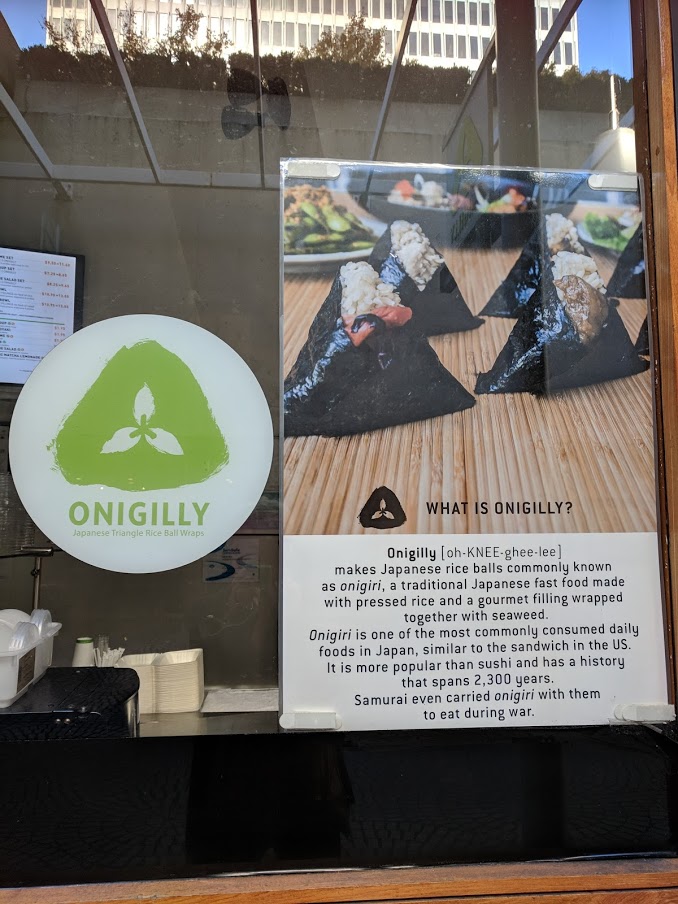Archive for Transcription
February 21, 2019 @ 8:26 am· Filed by Victor Mair under Borrowing, Phonetics and phonology, Transcription
(The following is a guest post by Penglin Wang.)
Thanks to Professor Victor Mair’s organization of a series of informative postings, which share expertise in areas that I do not often get a chance to be a participant, I was happy to contribute material with which I am familiar. As I have a heavy teaching load of 13-15 hours per week plus other inevitable undertakings in the fall and winter quarters, I have no choice but to refrain myself from allocating time to extracurricular activities. By taking advantage of this relatively long weekend I went through the previous discussions and found my posting about the diffusion of the Germanic word for ‘hart’ in Tungusic and Mongolic ("Of reindeer and Old Sinitic reconstructions" [12/23/18]) commented on by David Marjanović (DM) and mentioned by some other esteemed colleagues. I wish to thank those of you who opined about my posting. In response to David Marjanović I have drafted the following notes.
Read the rest of this entry »
Permalink
January 25, 2019 @ 6:52 pm· Filed by Victor Mair under Historical linguistics, Language and history, Transcription, Translation
[This is a guest post by Chau Wu]
There is a long-standing puzzle that has attracted historical linguists’ interest. This is a single sentence of 10 characters in two clauses: “秀支替戾岡, 僕谷劬禿當” (xiù zhī tì lì gāng, pú gŭ qú tū dāng). The sentence does not make sense in any of the Sinitic topolects. Obviously, this appears to be from a foreign language using Sinographs as phonetic transcriptions. Indeed, the source document which gives this mysterious sentence clearly indicates this is in Jié 羯, a non-Sinitic language that showed up in China during the chaotic period known as the Sixteen Kingdoms (304-439 CE) marked by uprisings of 五胡 wŭhú ‘Five Barbarians’ (Xiōngnú 匈奴, Jié 羯, Xiānbēi 鮮卑, Dī 氐, and Qiāng 羌) against the Jìn 晉 dynasty.
Read the rest of this entry »
Permalink
January 11, 2019 @ 10:20 pm· Filed by Victor Mair under Language and politics, Language preservation, Transcription
From the Hakka Affairs Council in Taiwan:

(Source)
Read the rest of this entry »
Permalink
December 17, 2018 @ 11:35 am· Filed by Victor Mair under Information technology, Language and computers, Transcription, Translation
Marc Sarrel received the following message on his voicemail:

Read the rest of this entry »
Permalink
December 11, 2018 @ 3:12 pm· Filed by Victor Mair under Borrowing, Transcription, Translation
One of the most curious and fascinating words I learned during the first or second year of Mandarin study was móguǐ 魔鬼 ("devil; demon; fiend"). Somehow it just sounded right as the designation for what it signified:
Tā shìgè móguǐ 他是個魔鬼 ("He's a devil")
Even the characters, which I have always deemphasized since I began learning Mandarin, seemed appropriate. Guǐ 鬼 ("ghost; spirit; apparition; deuce"), the representation of a bogeyman that goes all the way back to the oracle bone inscriptions more than three millennia ago, was the thing itself. Although I didn't know the exact meaning of mó 魔, it too had the guǐ 鬼 radical, so I thought of móguǐ 魔鬼 as a "mó 魔 type guǐ 鬼", and I just took it on faith that it meant "devil".
Read the rest of this entry »
Permalink
November 29, 2018 @ 2:55 pm· Filed by Victor Mair under Language and food, Language and gender, Names, Transcription
A tasty visual pun found on Facebook:

(originally posted by Wayne Hudson)
Read the rest of this entry »
Permalink
November 26, 2018 @ 8:33 am· Filed by Victor Mair under Names, Transcription, Writing systems
Lately, since Xi Jinping made himself President for Life of the People's Republic of China, wags and wits have taken to calling the country over which he rules "Xina".
It turns out that this is the Catalan word for "China". Curious to know how Xina is pronounced in Catalan, I looked it up on Wiktionary:
- Balearic, Central /ˈʃi.nə/
- Valencian /ˈt͡ʃi.na/
Read the rest of this entry »
Permalink
November 15, 2018 @ 10:55 am· Filed by Victor Mair under Borrowing, Etymology, Language and food, Transcription
Earlier this week (11/12/18), under the rubric "Of knots, pimples, and Sinitic reconstructions", we discussed the origins and meaning of the fascinating Sinitic word "geda" ("pimple; knot; lump"). That, in turn, was prompted by our initial acquaintance with "geda" in "Too hard to translate soup" a couple of months before (9/2/18). After considering a possible source in Indo-European, Turkic, Tungusic, and Mongolic, there seemed to be a bit of momentum in favor of the last named family.
Since "geda" first appeared in a significantly large number of citations in written Sinitic during the Mongol Yuan Dynasty (1271-1368) about a thousand years ago, it was thought advisable to look at an earlier stage of Mongolic rather than simply referring to modern Mongolian forms. So I thought of asking Daniel Kane, a rare specialist in Khitan, which is generally considered to be a Para-Mongolic language, whether he had any thoughts on the matter.
Read the rest of this entry »
Permalink
November 10, 2018 @ 2:57 pm· Filed by Victor Mair under Onomatopoeia, Transcription
From a tweet by Claire Varley:
https://twitter.com/clairepvarley/status/1061012347270029312
Read the rest of this entry »
Permalink
November 8, 2018 @ 10:34 am· Filed by Victor Mair under Language and advertising, Language and business, Language and food, Transcription
Brand-name transliteration (in Embarcadero Center, San Francisco), courtesy of Nancy Friedman:

Read the rest of this entry »
Permalink
October 13, 2018 @ 4:22 pm· Filed by Victor Mair under Bilingualism, Diglossia and digraphia, Language and advertising, Neologisms, Transcription, Uncategorized
Recently, Tong Wang's husband told her that he would not be home for dinner because he was going out with friends to this place:

Read the rest of this entry »
Permalink
October 8, 2018 @ 12:38 am· Filed by Victor Mair under Language and advertising, Language and biology, Language and food, Transcription
From a correspondent in Taiwan:

Read the rest of this entry »
Permalink
October 4, 2018 @ 4:07 am· Filed by Victor Mair under Found in translation, Lost in translation, Transcription, Translation
Zeyao Wu sent in this sign on a restaurant:

Read the rest of this entry »
Permalink






